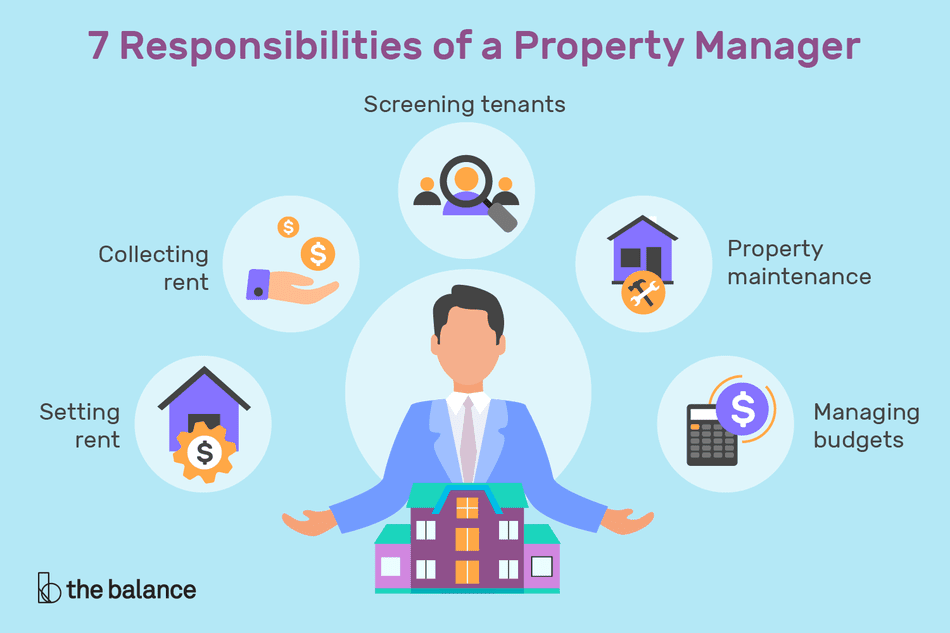Seven most common tasks that a good property manager should perform
January 2, 2019 In Blog Leave a comment
January 2, 2019 In Blog Leave a comment

© The Balance, 2018
Property management is the operation, control, and oversight of real estate. Property management is also the management of personal property, equipment, tooling, and physical capital assets that are acquired and used to build, repair, and maintain end item deliverables. Property management involves the processes, systems, and manpower required to manage the life cycle of all acquired property as defined above including acquisition, control, accountability, responsibility, maintenance, utilization, and disposition. If you use a property managing agent to look after the property, the management fees you’ll pay are tax deductible in Australia.
Here are seven of the most common tasks a property management agent is responsible for. (A property manager is a third party who is hired by a landlord or property investor to manage the day-to-day operations at rental property.)
Dealing with rent issues is one of the most common responsibilities of a property manager. This includes:
Managing tenants is another core responsibility of a property manager. They are involved in all areas, including:
The property manager must keep the property in safe and habitable condition. Property managers are responsible for the physical management of the property, including regular maintenance and emergency repairs.
Good property managers have an in-depth knowledge of statewide and national laws regarding the proper ways to:
Property managers can be responsible for managing the budget for the building and for maintaining all important records.

© The Balance, 2018